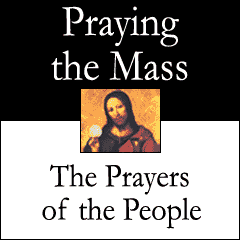The Age today reprinted a part of an article originally published in The Guardian by Andrew Brown on the Pope’s visit to England. Fr Z. has a link to another one, in which Brown declares:
This was the end of the British Empire. In all the four centuries from Elizabeth I to Elizabeth II, England has been defined as a Protestant nation. The Catholics were the Other; sometimes violent terrorists and rebels, sometimes merely dirty immigrants. The sense that this was a nation specially blessed by God arose from a deeply anti-Catholic reading of the Bible. Yet it was central to English self-understanding when Queen Elizabeth II was crowned in 1952, and swore to uphold the Protestant religion by law established.
For all of those 400 or so years it would have been unthinkable that a pope should stand in Westminster Hall and praise Sir Thomas More, who died to defend the pope’s sovereignty against the king’s. Rebellion against the pope was the foundational act of English power. And now the power is gone, and perhaps the rebellion has gone, too.
Yes, how very different the Britain of today is. It is also the country where more Muslims go to Mosque on Friday than Anglicans go to Church on Sunday… Catholics and Muslims. Both have been portrayed as “violent terrorists and rebels, sometimes merely dirty immigrants”. In anycase, both have been defined as “the Other”. Here (or rather “There”) to stay.
The End of the British Empire? I wonder…







